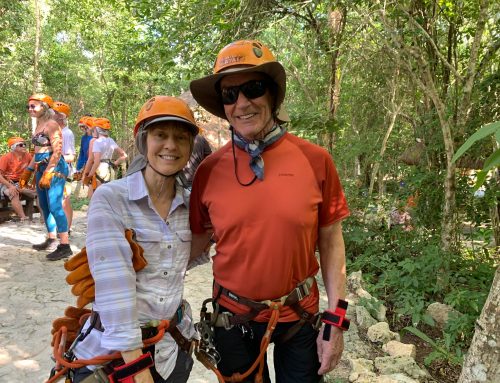In my Psychology training, we were educated that responding has a more effective outcome than reacting when it comes to helping anxiety and depression. My spouse and I often talk about this, as we watch our cat, who is waiting for a hummingbird to land (she has been waiting a long time!); she would then react by pouncing on it, a reactive and instinctive action towards a food source. Uncomplicated and primal for her… In the human social realm, however, things are more complex. Merely reacting to a situation may not be so effective. The outcomes may intensify already complicated human feelings.
Responding indicates a degree of Mindfulness and willingness to effectively attend to the task or the stimulation, and to intend an effective outcome; reacting seems to come from a more survival/instinct driven place, and can often look like we are going into “fight/flight/freeze/faint” (the Sympathetic Nervous system, helpful for protecting our basic survival). However, too much of that behavior can lead us to chronic anxiety, anger, burnt out adrenals, or burying our more authentic emotions until after many years we can get depressed.
We train our kids to be polite and helpful to others socially, and hope that they will not completely squash their more authentic feelings. However, if they (or we) are tired, overwrought, upset at someone else, then we are likely to react from our sympathetic nervous systems. Then we go into what is called a “Secondary reaction/emotion” (DBT term) which comes from somewhere else deep in the survival reflexes or memory, and may be out of proportion to the event happening just then. For instance, we as parents take our teenager’s apathy about stacking the dishes as a personal insult, rather than maybe their preoccupation with the X-Box. A yelling match then ensues. Not very effective, would you say?
In Dialectical Behavior Therapy, I train folks to use Mindfulness skills to respond to a situation rather than reacting. Also part of DBT training is learning how to regulate the emotions before they overwhelm you and lead to that reactive outburst. Look for my trainings coming up in Mindfulness or all four modules of the DBT training (under events); Mindfulness (how to live in the Present Moment), Emotion Regulation (strategies to deal with the Emotional mind more effectively), Distress Tolerance (how to survive a crisis without making things worse) and Interpersonal Effectiveness (how to communicate your needs and get heard). I also help my clients identify their individual “story” or “script” that may make them react and behave in a less effective manner. We could all do with more responding than reacting.






Leave A Comment